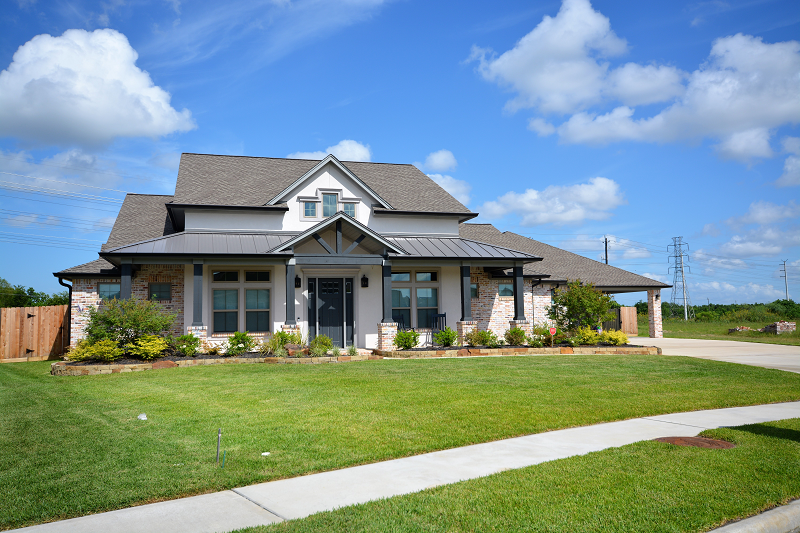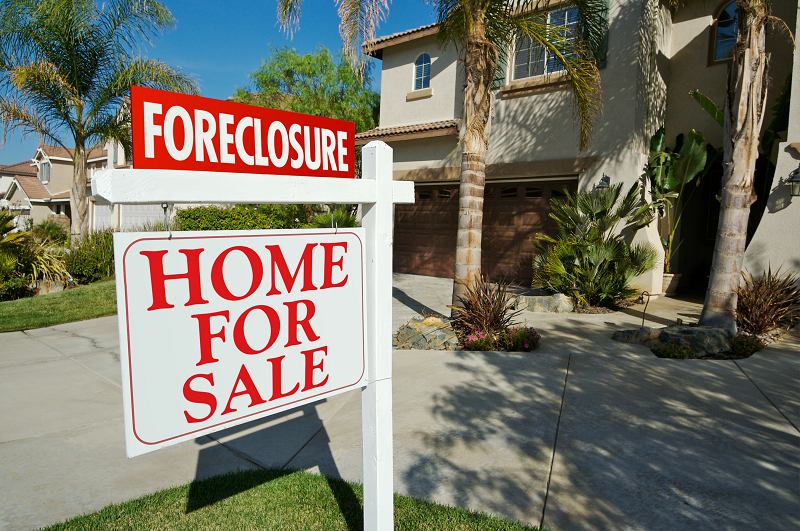Did the housing market take a downturn, and your home is now worth less than when you bought it? Do you still have many mortgage payments left on your home in North Carolina, and you’re looking to sell your real estate property? If so, you will need to understand how to sell a house with negative equity.
Negative equity refers to when the value of your property is less than the money you owe on the mortgage or loan. You face an underwater mortgage when your North Carolina home has negative equity. You may want to consider a house short sale, or you can refinance your mortgage.
The guide below will outline how to sell a house with negative equity.

What is Negative Equity
Negative equity occurs when the value of a home or asset is less than the amount you have left on the mortgage or loan from your lender. You could end up with negative equity for numerous reasons.
Your home equity may have dropped due to transformations in the housing market. For example, the property value may have declined due to flooding damage, a fire, or other natural disasters. Also, your mortgage balance may be larger than the valuation of your house if you paid for the place well above the asking price.
What Causes Negative Equity
Changes in the real estate market can cause an underwater mortgage. Negative equity may also occur due to a recession or a decline in the economy. You may also experience a housing bubble burst, leading to a decline in the market value of houses all over the country.
For instance, in the late 2000s, the mortgage lender industry experienced a housing market crash, and many homeowners ended up with upside-down mortgages.
A few other reasons for ending up with negative equity on your home include:
- Providing a small down payment
- Getting a home loan right before real estate property prices decline
- Purchasing a house when home prices are excessively high
- Having a small amount in your monthly payments going toward the principal with the rest toward the interest rate
Can You Sell a House with Negative Equity
It is not a simple process to sell a house with negative equity. You will need permission from your mortgage lender to sell the property. You, as the borrower, will likely have to meet several different conditions set up by your lender.
Your lender may allow you to transfer the shortfall of your balance after completing a home sale to a new mortgage. However, that will likely include requirements like having full-time, permanent employment, exceptional credit rating showing that you can afford the mortgage, and a true need to move away.
For instance, you’ll need to prove that you have new employment in a different region and have to sell your place.
How to Sell a House with Negative Equity
You can take numerous options when selling a house with negative equity. For example, you can start with a loan modification plan to get a lower interest rate. You can also choose to go the route of a strategic default, which entails foreclosing on your house.
However, real estate professionals would not advise that option, as you may have to wait three to seven years before having the chance for a new home loan.
You can also choose a house short sale, leading you to recoup some or nearly all of your loan amount. Lenders, however, will need to approve the final offer and the short sale process altogether.
Further, you can choose to wait and cover your monthly payments or pay the entire remaining balance before selling the property. However, if you cannot pay off the existing mortgage and want to avoid foreclosure, you can choose a deed-in-lieu of foreclosure. That entails giving your mortgage lender ownership over your property.
House Short Sale
When a lender agrees to a short sale, the company is willing to settle for less than the amount due on the mortgage loan. A short sale can help homeowners by getting out of mortgage without penalty.
You will also need to understand that the IRS may consider that type of debt forgiveness as income, so you may see that amount taxed. Furthermore, lenders who agree to a short sale may still require you to pay off the rest you owe on your mortgage.
You must follow the steps below when choosing to partake in a house short sale.
- Call your mortgage lender
- Send a letter of authorization
- Prepare a preliminary net sheet of payment data
- Put together a hardship letter to send to the lender
- Gather information with proof of income, assets, and copies of bank statements
- Provide a comparative market analysis to lender
- Send a purchase & sales agreement to the lender for approval
Foreclosing On Your House

If you have failed to make payments on your house, the lender can pursue foreclosure to take possession of your property. However, your lender is required by law to help you figure out other options when you fail to make monthly mortgage payments.
If you have lost your job or suffered another financial setback, you may have no choice but to have the lending company foreclose on the house. The usual steps in that situation involve:
- Missing at least three months of payments.
- The county clerk posting a notice of default or foreclosure with the lender’s intent to sell the property.
- The borrowers receive anywhere from 120 days to nine months to prevent the foreclosure process and pay all fees.
- The home gets sold at auction by the lender.
- The borrower gets evicted and must move out by a specific date.
Paying the Remaining Balance
If your savings are significant enough, another option is to pay the remaining balance on your mortgage. Once you’ve paid off your mortgage, you can sell the property for the amount at which it is valued. For example, you can sell a house fast in North Carolina if you put it on the market in late spring and summer. That is the best time to put house on the market nationwide.
If you can’t completely cover the remaining balance, you can start with overpayments and offset more than the typical monthly amount.
That way, you can more quickly pay off the mortgage. Of course, it will take longer, but you can finish paying the remaining balance much faster than the typical 15-year or 30-year timeframe.
Deed in Lieu of Foreclosure
A great strategy to help you avoid foreclosure is known as the deed-in-lieu of foreclosure. That process lets you give ownership of the house to your lender and avoid them foreclosing on the property. Your remaining mortgage balance will also get absolved.
Furthermore, you can receive help from a U.S.Department of Housing and Urban Development (HUD)-approved housing counselor to decide what to do afterward. In North Carolina, you will need to request your lender to waive your deficiency or the amount you still owe on your loan.
Can You Get Out of Negative Equity
You can usually improve the value of your home and get out of negative equity by making overpayments or advanced payments. That way, you will owe less on the interest of your loan and could get out of an underwater mortgage.
You can also invest in home improvements to increase the value of your home. The more renovations you pursue, the faster you will get your house out of negative equity.
Advanced Payments
You can either pay more of your mortgage with a lump sum or choose to increase your monthly payments. You can increase your overpayments by as much as 10 percent in most cases without seeing early repayment fees.
With less due on your mortgage loan, you’ll have less to put toward interest. That way, you’ll close the gap between the current value of your home and your remaining mortgage balance.
House Improvements and Renovations
By investing some of your extra savings in renovations of your home, you will increase the value of the property. You will want to choose the right upgrades to increase your home’s price instead of wasting your resources on less useful renovations.
Usually, bathroom and kitchen remodeling projects provide the most significant increase in value for a home.
Refinancing for Your House
You can also choose to refinance your home to get a lower interest rate and potentially reduce negative equity or completely remove your underwater mortgage. Call your mortgage lender to find out about your refinancing options.
Conclusion
With the information discussed above, you should now know how to sell a house with negative equity. If you successfully got your loan out of its negative equity state, you can try selling your place to Charlotte cash home buyers at a reduced price.
Cash buyers can complete the sale quickly without expecting renovations. We buy houses Salisbury residents are trying to sell, so call us today!
